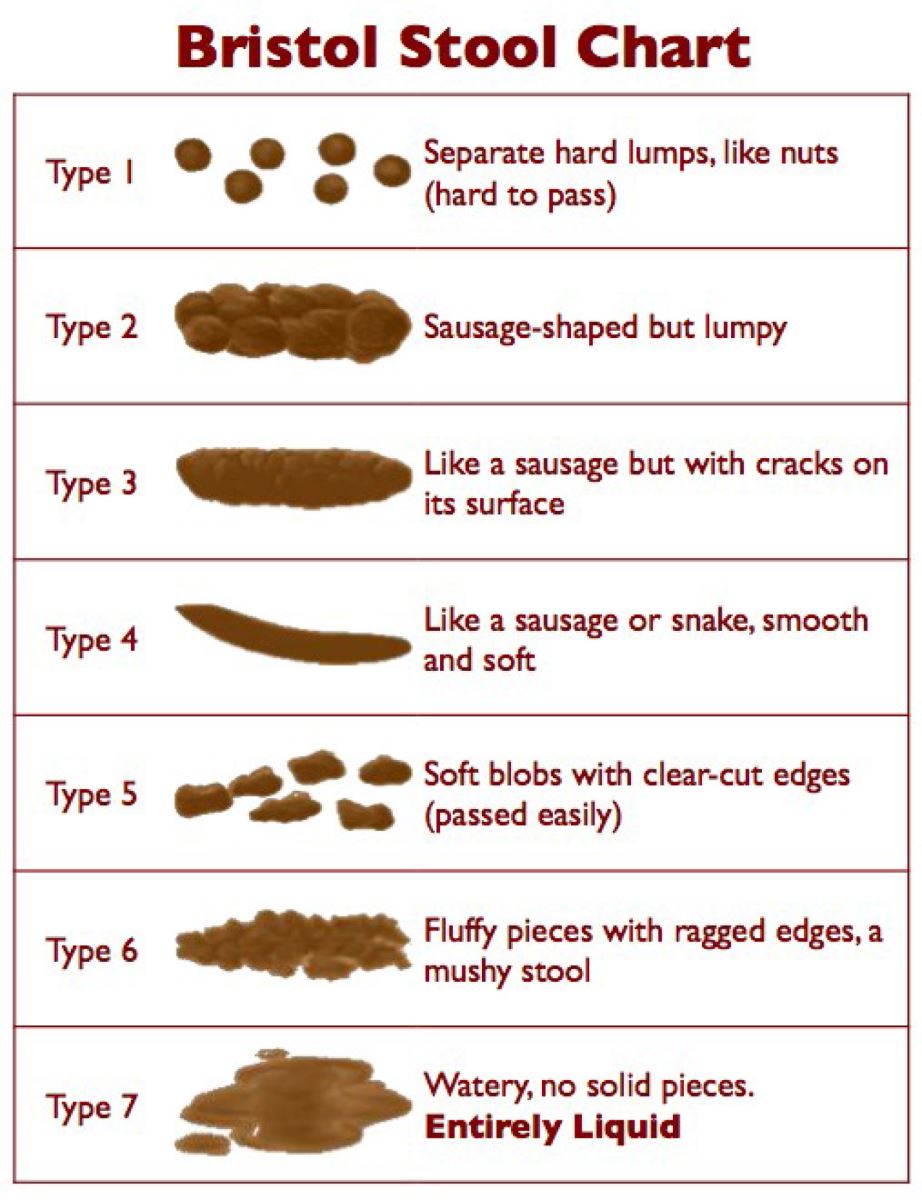THE IMPORTANCE OF BEING REGULAR
The colon is a primary organ involved in internal elimination and detoxification. When the colon functions properly, waste and toxins are absorbed in the digestive tract and then excreted via bowel movements. A build-up of un-expelled waste in the colon may cause bloating, gas and constipation as well as more serious conditions.
10 Tips to Maintain Digestive Health
1. Eat a high-fibre diet. Consuming a high-fibre diet that’s rich in whole grains, vegetables, legumes, and fruits can improve digestive health. A high-fibre diet helps to keep food moving through your digestive tract, making you less likely to get constipated. A high-fibre diet may also help you avoid or ease various digestive conditions, such as hemorrhoids and irritable bowel syndrome (IBS). In addition, it may help you achieve or maintain a healthy weight.
2. Get both insoluble & soluble fibre. Insoluble fibre (roughage) can't be digested by the body and helps add bulk to the stools. Soluble fibre draws in water and can help prevent stools that are too watery. Sources of insoluble fibre include wheat bran, vegetables, and whole grains; get soluble fibre from oat bran, nuts, seeds, and legumes.
3. Limit foods that are high in fat. Fatty foods slow down the digestive process, making you more prone to constipation.
4. Don’t wait to evacuate. Delaying the urge to poo leads to more water being absorbed and stool becoming harder.
5. Add probiotics into your diet. Probiotics are the same kind of healthy bacteria naturally present in your digestive tract. They help combat the effects of a poor diet, antibiotics, and stress. In addition, probiotics can enhance nutrient absorption, may help break down lactose, and support your immune system.
6. Eat on schedule. Consuming your meals and snacks on a regular schedule can help keep your digestive system in top shape.
7. Stay hydrated. Drinking plenty of water is good for your digestive health. Fibre pulls water into the colon to create softer, bulkier stools, allowing them to pass more easily.
8. Skip the bad habits: smoking, excessive caffeine, and alcohol. Liquor, coffee, and cigarettes can interfere with the functioning of your digestive system.
9. Exercise regularly. Regular exercise helps keep foods moving through your digestive system, reducing constipation. Exercise can also help you maintain a healthy weight, which is good for your digestive health.
10. Manage stress. Too much stress or anxiety can cause your digestive system to go into overdrive.
